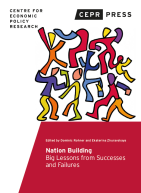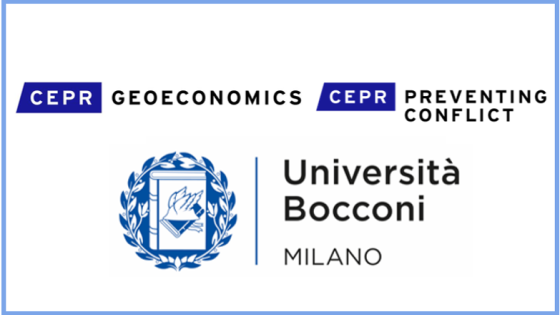The authors identify social cohesion as a crucial determinate of security, development, and economic outcomes. However, various internal factors, including the level of segregation and polarisation within countries, strongly influence optimal policy options for each nation. The external security situation, meanwhile, can impact the ability to maintain peace and foster identity within borders. The eBook stresses that developing social cohesion is far from straightforward and highlights examples of homogenisation policies which can cause adverse effects, and in some cases, may even lead to conflict.
Chapters emphasise the importance of education in fostering a positive common identity and examine different methods of unifying diverse societal groups with the goal of nurturing inter-group trust. Importantly, national and local identity are not seen as mutually exclusive: an emphasis on tolerance and understanding between communities can create a sense of belonging to both the country and individual communities, especially in countries with a high degree of polarisation. Countries dealing with a high degree of segregation among the population, meanwhile, often employ power-sharing and federalist policies, and if implemented correctly, these can provide a unifying glue to avoid marginalisation. While countries differ widely in their makeup, the authors note that developing strong and democratic institutions is important in allowing the effective representation of minorities, strengthening the rule of law, and keeping fascism at bay. As shown throughout the eBook, the fate of nation-states in all zones of the polarisation-segregation space are more favourable for democracies.
Military interventions and outside interference face large and complex obstacles, which are not easily overcome. Resistance from the local population and perceptions of unequal treatment from societal groups can cause serious internal conflict and grievances, long after external actors have departed. The authors argue, however, that multilateral UN peacekeeping can create favourable ground conditions for national reconciliation in post-conflict settings.
Overall, the insights presented in this eBook provide a comprehensive framework to help policymakers navigate the complex and challenging process that is nation building. The authors show that there is no set policy solution for success, and strategies are highly dependent on individual circumstances.
Download the eBook here.



